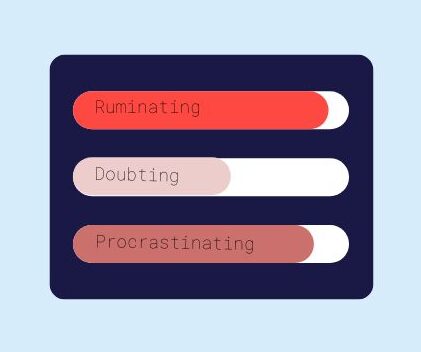DBT for older adolescents
DBT group content:
Our DBT multi-family group is designed to teach the entire family skills (parents and teens together) to improve their relationships, communication styles, manage overwhelming emotions and stress, and survive situations without making things worse.
Our groups are highly interactive and experiential which means role-plays and coaching will be used to teach the skills.
The DBT group will cover the four core DBT skills/modules: (1) Mindfulness. (2) Emotion Regulation. (3) Distress Tolerance. (4) Interpersonal Effectiveness. In addition, the new DBT module will be covered: “The middle path.”
DBT group length:
It takes 6 months to complete all DBT modules.
Characteristics of the DBT group:
Every group session starts with a mindfulness exercise followed by homework review, presentation of a new skill, and homework assignment.
Requirements to participate in a DBT group:
1. The teen needs to be in an ongoing individual psychotherapy for a minimum of 1-month either with an outside provider or with us.
2. Family therapy is strongly recommended at least on a monthly basis for a minimum of 1-month either with an outside provider or with us.
3. Commit to an 8-week module.
4. Schedule an initial intake/consultation appointment in which the teen and parents will be assessed for emotion dysregulation problems.
Are DBT groups right for you?
DBT groups are the most effective treatment for emotion regulation problems; click “HERE” to take an informal assessment and see if this is something you’re struggling with.

